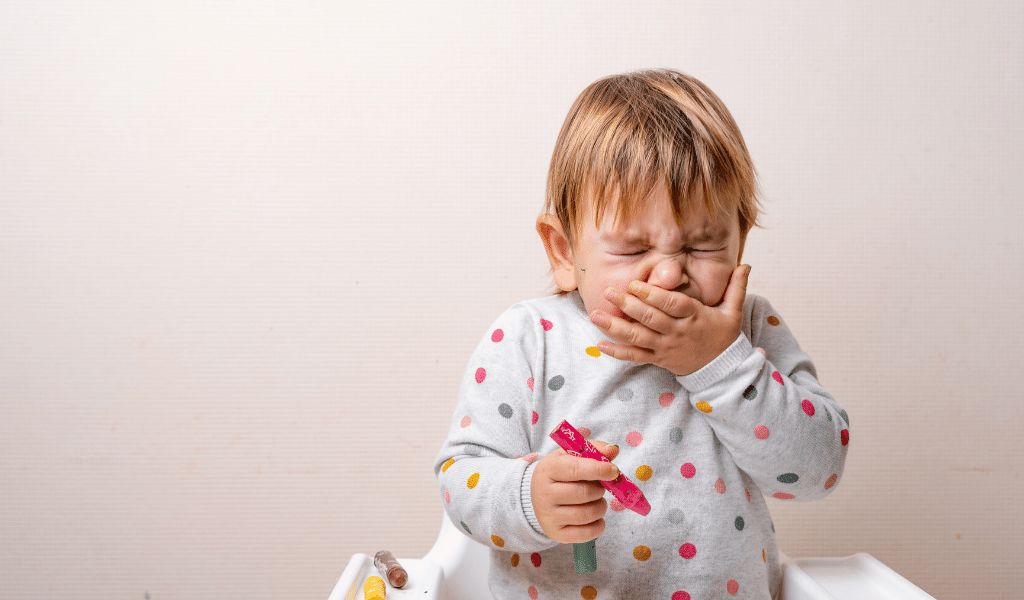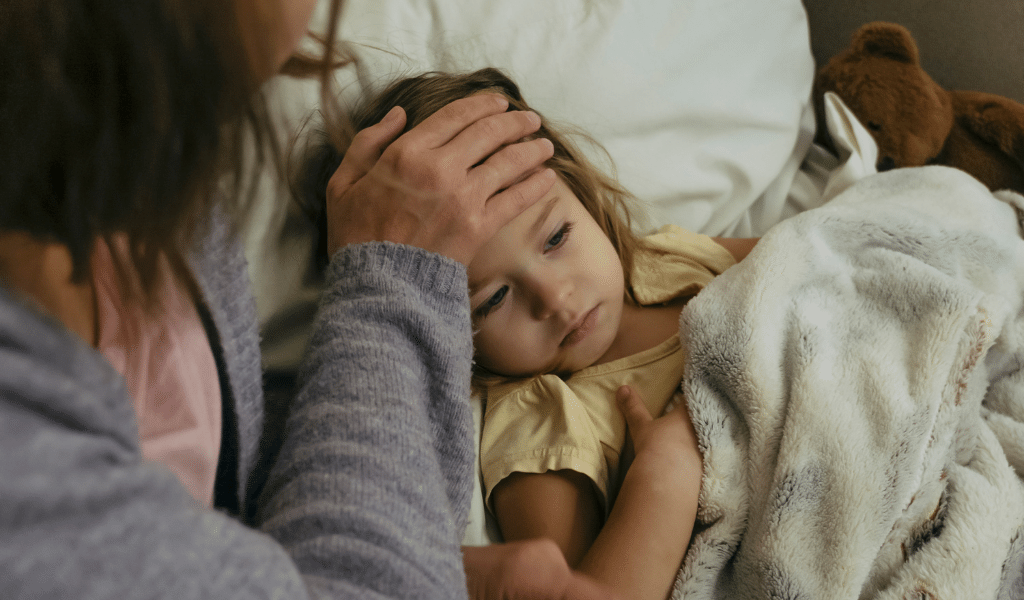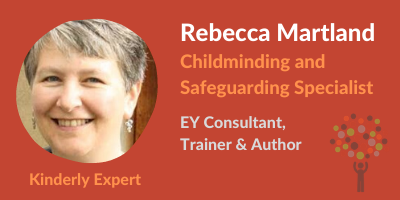Since 1st April 2022, there has been a major shift in the way people in England are expected to view and approach Covid-19, and whilst for many the changes appear foolish, it seems they are no joke.
Gone is free testing, mandatory self-isolation and compulsory mask-wearing. After two years of being told that Covid-19 is a deadly disease and that these measures are essential to protect and save lives, it is a big ask of anyone to be expected to suddenly abandon them. It is no wonder then that people are confused and scared, including those in the early years sector, who have been on the front line from the start.
The key messages are that:
Consequently we are at the point where we now have to learn to live with Covid-19 in the same way that we do other respiratory illnesses, recognising that although for some, more vulnerable members of the community, it will be more dangerous, for most it should be no worse than catching a bad cold.

If someone has mild symptoms of a respiratory infection that may be Covid-19 (such as a runny nose, sore throat, or slight cough) but feels well enough, they should carry on as normal but take good hygiene precautions, just as they would if they had a cold. They do not need to take a Covid test.
If someone has a high temperature and/or does not feel well enough to go to work or carry out normal activities, they should try to stay at home and avoid contact with other people until their temperature has gone down or until they no longer feel quite so unwell. They do not need to take a Covid test.
The same principle applies to children. They only need to stay away from school or their childcare setting if they have a high temperature or they are too unwell to attend and take part in normal activities. They should not take a Covid test.
The government has updated the list of possible Covid-19 symptoms, but as these are also commonly associated with many other respiratory infections, they cannot be used to diagnose a specific condition:
A question commonly being asked on social media forums is should childminders or staff be testing themselves if they are symptomatic or asking families to test children who are unwell.
The guidance on testing however is a clear no: it is not now recommended, except for the groups listed below, and specifically, not at all for those under the age of 18, unless directed to do so by a health professional.
Free testing is currently only available to certain groups:
Some practitioners are naturally concerned by this guidance however, and in many cases are continuing to test themselves and asking parents to test children, either by using leftover NHS lateral flow tests or buying commercial tests.
If an early years practitioner, having disregarded government guidance, subsequently tests positive, they should stay at home and avoid others as much as possible for 5 days, from the day following the test. This means childminders should close for this period. Childminders do not have to close if someone in their household tests positive, but they do need to take sensible hygiene precautions and ensure that the children do not come into contact with the positive person. If a child tests positive, they should remain away from the setting for 3 days from the day following the test.
In any case, anyone who has a high temperature, or is still feeling unwell, should not attend the setting, even if they have completed their isolation period. There is no requirement to take a further test or show evidence of a negative test to return to the setting following a period of isolation.
Group settings and childminders with assistants will need to consider their staff contracts and may need to take professional advice if they wish to either insist on staff taking tests; or if they want to put a policy in place to manage staff absence in situations where a member of staff tests positive having chosen to self-test against government guidance.

Similarly, group settings and childminders might want to consult with their insurance providers if they decide to put in place a policy requiring the testing of symptomatic children, or that insists on a negative test in order for the child to return. They should consider where they might stand legally if a parent refused to test their child on the grounds that this goes against government guidance for under 18s. Would the insurance company defend the setting if the parent pursued them for breach of contract and loss of earnings due to having to care for their child whilst the child was excluded due to refusing to test for example? Where would the setting stand with a policy that requires an exclusion period greater than the 3 days recommended?
People with symptoms of a respiratory infection including COVID-19
Living safely with respiratory infections, including COVID-19
Emergency planning and response for education, childcare, and children’s social care settings
Health protection in education and childcare settings

If someone over the age of five develops any of the original three main Covid-19 symptoms of continuous cough, high temperature or loss/change to taste or smell, they should take a lateral flow test. These are still available free of charge in Wales. Children under 5 should not be tested unless advised to by a doctor or a parent chooses to do so.
If someone receives a positive test, the result should be registered online and they may be contacted by the Test, Trace and Protect service. They should self-isolate for 5 full days from the day following the day symptoms started and continue to isolate for up to 10 days or until they have received two negative tests from day 6, on consecutive days, taken 24 hours apart. After day 10 no further testing is required and as long as they feel well and there is no temperature self-isolation can end.
All other guidance regarding close contacts etc. is the same as for England.
Self-isolation: guidance for people with COVID-19 and their contacts
Welsh Guidance for Childcare and Playwork
From 1st May 2022, the guidance in Scotland becomes almost identical to that for England.
https://www.nhsinform.scot/covid19
Coronavirus (COVID-19): early learning and childcare services
Coronavirus (COVID-19): Guidance for individuals with possible coronavirus infection

With over 20 years’ experience in the early years sector, Rebecca Martland is an early years trainer, consultant, author and 4-times Ofsted ‘outstanding’ registered childminder. Rebecca is a staunch advocate of play based, child-centred education and childcare, with a keen interest in supporting and enthusing others to share this philosophy.